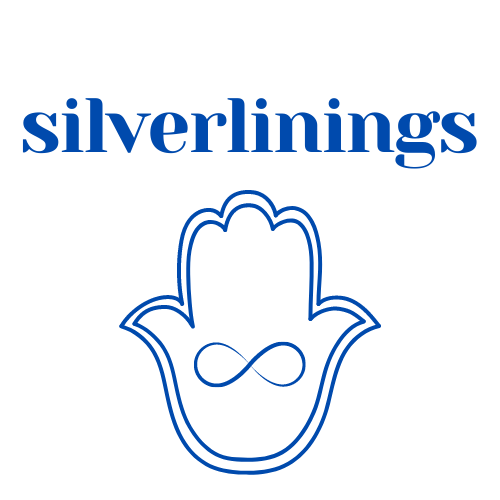Shame: The foundation of eating disorders and trauma
What is shame?
Often we hear the words shame and guilt used interchangeably, but they are actually not the same concept. Whereas guilt results from an action or mistake that we feel bad about, shame results from the belief that we ourselves are worthless or bad in some way. In other words, guilt is separated from who you are as a person and is based on specific instances. You can feel guilty about forgetting to wish your friend a happy birthday without feeling like you are a bad person. Shame is a negative foundational belief about yourself that gets triggered in very personal ways. Someone who feels shame about missing the birthday focuses on what a crappy person instead of the mistake itself.
We all experience shame on some level but people with trauma often experience it to a much higher degree.
Our brains are amazing at finding ways to survive and surprisingly shame can be a survival tool. As a young person, when you experience abuse, neglect, bullying or high levels of criticism you are often powerless in your life. Those that are harming you are the same people who take care of you, teach you or raise you so you are dependent on them for your survival. In these circumstances, the brain absorbs the negative messages as facts that are in our control to change. If we believe it is our fault that we are being abused, perhaps we can find a way to stop it! Of course this is not possible but the belief keeps us going, keeps us trying to find out how to be so that we are finally acceptable.
Shame drives eating disorders
If you have an eating disorder or know someone who does, you know that certain eating behaviors lead to shame. Most people with eating disorders have food rules that they follow and when broken bring high levels of shame. This shame causes emotional dysregulation, depression and anxiety which often leads to another disordered eating behavior to compensate for the first. And the cycle continues. Of course there are so many other triggers of shame for people with eating disorders and those affect their eating behaviors as well.
Shame is the source, not the outcome
When any type of healing or recovery is focused mostly on changing behaviors, it is highly likely for the behaviors to return. Focusing on behavior change in someone with significant trauma is akin to putting a Band-Aid on a bullet wound. It might keep the bleeding contained for a bit, but ultimately it is the deeper wound that needs to be addressed for long term recovery.
How do I heal my shame?
Shame is often a secret that is carried around for fear that someone will find out. The only way to truly heal shame is to let it see the light of day. To talk about it. To find others who can relate and validate you. To address it fully inside yourself without trying to push it down. The ideal approach to do this is with a trained trauma therapist, preferably one who subscribes to Health at Every size who won’t perpetuate your body shame and reinforce harmful food rules. You can also find support in online groups geared toward your particular shame (survivors of abuse, adult children of alcoholics, addictions, eating disorders, etc.). Even talking to a trusted friend can start you off on a journey of self acceptance once the shame becomes something you can speak about.
Remember: I already know that you are a worthy person deserving of love, acceptance and forgiveness. I know this because you are a human being who is alive. No actions needed to prove your worth, it is inherent in your existence.
